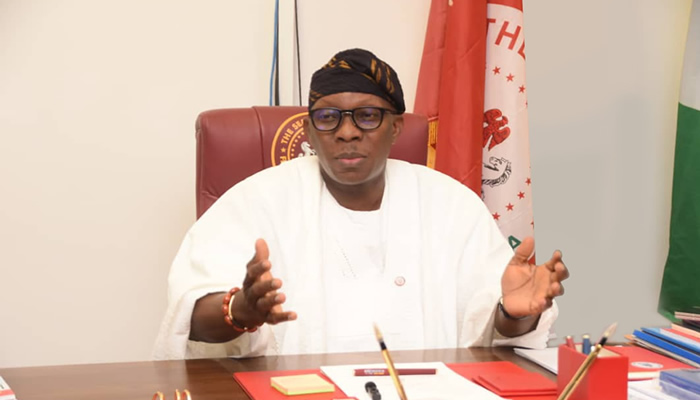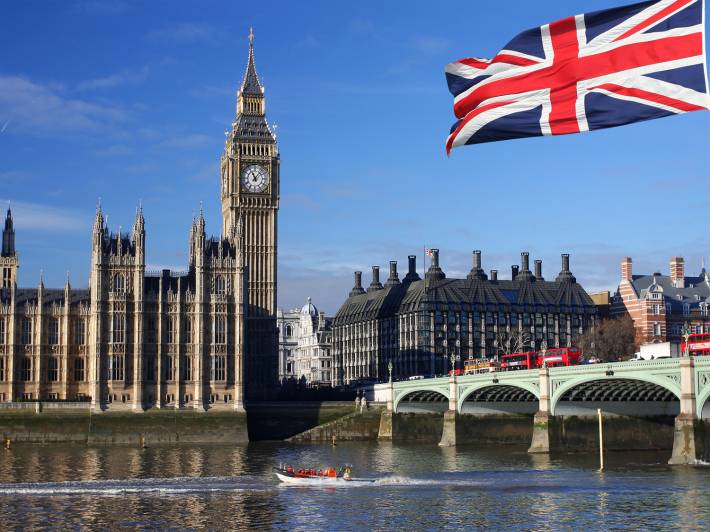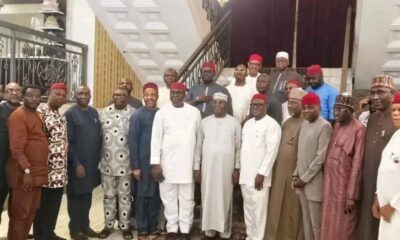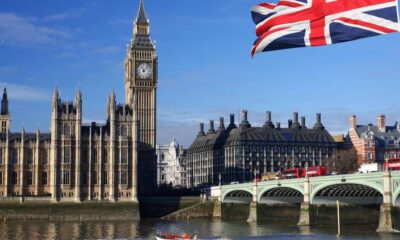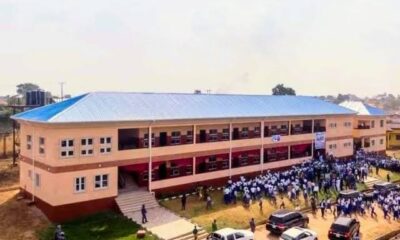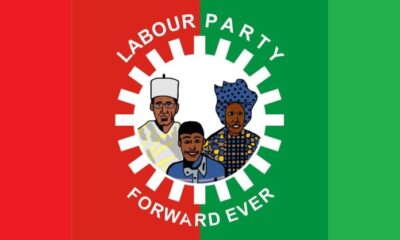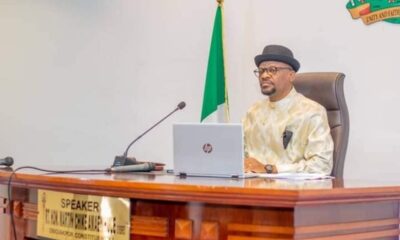This piece is six months late. Way back, I had planned to use it to warn a section of religionists of northern extraction not to fritter the fantastic opportunity they had under President Bola Tinubu. He had shown tremendous goodwill towards this section of religionists, doing his best to make them feel at ease against the backdrop of the Muslim-Muslim ticket, which they initially complained about. My decision to warn them was predicated on the activities of some among them. They go to foreign lands to demarket the President, demarket his administration, and demarket Nigeria with its more than 200 million people.
My plan to warn was also predicated on my observation that their drive to get sanctions re-imposed on Nigeria over what they tagged genocide of people of one religion would one day hit some raw nerves in the Tinubu administration. The president’s officials might get exasperated and change their attitude towards this section of religionists for demarketing their superior. And the President, too, might take a dislike to the activities of such people and turn his back. A similar scenario consisting of wild accusations leveled against the state government over insecurity occurred under Malam Nasir El-Rufai, the immediate past governor of Kaduna State. Such wild accusations were the actual origin of the nature of his administration’s relationship with a section of Kaduna State.
While I was waiting for the opportunity to do a piece on this matter, the President made a statement on insecurity, which some had tagged religious persecution. In the course of his visit to Imo State recently, he said, “They lie all over the place that we have religious persecution. Our Muslim brothers and sisters, our Christian brothers and sisters are united. No religious persecution in Nigeria, it is a lie from the pit of hell.” I imagine “they” in his comment refers to foreigners who shout religious persecution, or Nigerians who globetrot to sell genocide tag to foreigners. From the President’s choice of words, I concluded that the demarketing campaign was getting to exasperate him. At this rate, he may change his mind on how he treats this section of North’s religionists, who are making his task more difficult than it already is.
Without doubt, the President had superior information on what was going on, particularly in the North-Central zone. Locals know some things, but officers in the intelligence agencies know more, and they report to the President. I guessed it was the reason the President issued the statement he did just before he travelled to Benue State the last time. After another round of violent attacks, he said locals should reconcile their differences and give peace a chance. The Secretary to the Federal Government, George Akume, an indigene of Benue, said a similar thing at the time. It was because they had information regarding the real perpetrators, or their proxies, in that particular attack. Nonetheless, the President was told during his Benue visit that every attack that had ever happened there was an act of genocide. Everything was genocide in a situation where I had written for 10 years about attacks between rival tribes of the same religion in Benue State. The President didn’t argue with anyone on that occasion because he knew what he knew. But this ongoing effort to demarket him and his government to foreign governments is another matter. No leader would fail to find it annoying in the long run, especially now that the US says it’s sanctioning Nigeria.
Since June 2023, I concluded that if the President and the First Lady, Senator Oluremi, previously believed narratives about persecution of only members of one religion before they took office, intelligence reports that they subsequently saw convinced them otherwise. Now, the President knew who did what, what led to it, where the arms came from, and how everything was often swept under the “suspected Fulani herdsmen” narrative prevalent in the media. While he was in Benue State, the President said he expected the army to have arrested perpetrators of the attacks. Later, we saw the names of those who facilitated weapons for the attackers. They were mostly locals, people of the predominant religion in Benue State.
While I was explaining the complex nature of insecurity in the North in the course of the past 10 years, I never doubted in my mind that a time would come when the truth of the claim about religious persecution would be made known. Now, many in government who must have frowned at my position in those years are saying something different. Journalists and others who had been silent are now speaking up when they hear of US sanctions. I’m surprised any Nigerian would know of attacks in the north-east, north-west, and north-central, yet believed the narrative that only people of one religion were being targeted. Many educated fellows in the south who repeated the false narrative that only herders were responsible for all the insecurity in Nigeria shocked me, and I did mention some of them on this page in the past. I think this is predicated on our general disposition to reach conclusions before we see all the facts, the tendency for selective amnesia, selective empathy, as well as blind religious sentiments that drive many.
I think the President has done so much for a section of religionists in the north, but he’s not been appreciated. This is seen in the manner some rubbish his government to the outside world. Worse, there’s a lack of awareness on the part of the religionists involved that they may be squandering the goodwill they enjoy with the President. As a result, this administration might complete in 2031, and these religionists might still find themselves in the same spot regarding the issues that matter to them. Meanwhile, this is the time they should work closely with the President and his top officials to get a few things on their list done. Like other Nigerians they have an agenda, they should have focused on the agenda under this willing President. Instead, they expend time persuading foreigners to buy the genocide tag, which is what they called insecurity. How this provides practical solutions to problems in their communities remains a question no one is answering.
One of the earliest things the president consciously did for this section of North’s religionists was to appoint one of them as Chief of Defence Staff. That he’s now been removed is the reason I state that this piece is six months late.
I wish I had made the point that I make here while he was still in office. For the former CDS did his best to attend to issues which mattered to his people. And I had planned to ask his people to make the most of his stay in that position while he was there. In Kaduna State, where the outgone CDS came from, fewer attacks were reported in the troubled parts. It was because he paid that area more attention. I had wanted to urge traditional and religious leaders here to devise approaches that would guarantee permanent peace. At the same time, they had a CDS who was willing to assist them to the maximum. Instead, while he was in office, some focused on talking to the US Congress. Now, their own is no longer in the saddle.
The next danger is that with the manner some refuse to sit and find local solutions, the two terms of the President might pass, and this section of North’s religionists wouldn’t consolidate on the gains made in their areas under the current administration. Many of them still don’t get the point that insecurity is local, there’s no general solution, and each area in each state has to identify and deal with the sources of its own problem. They’ve also not accepted the fact that local government councils need all the funds coming from the FG to fight insecurity effectively.
As such, no state governor in troubled northern states should hold on to the funds belonging to LGAs. In the President, there’s a willing leader who could assist them to achieve this. If LGAs had all their funds, they could utilise them to provide localised security surveillance, which the FG’s army and police could never provide sustainably. Instead of people here to advocate these things and work on them, their members globetrot to demarket Nigeria, after which they regularly call on the FG’s soldiers to secure them and their farmlands from destructive elements. I hope they realise soon that they’re about to fritter away a lifetime opportunity they have under President Tinubu.
punch.ng
FOLLOW US ON:



